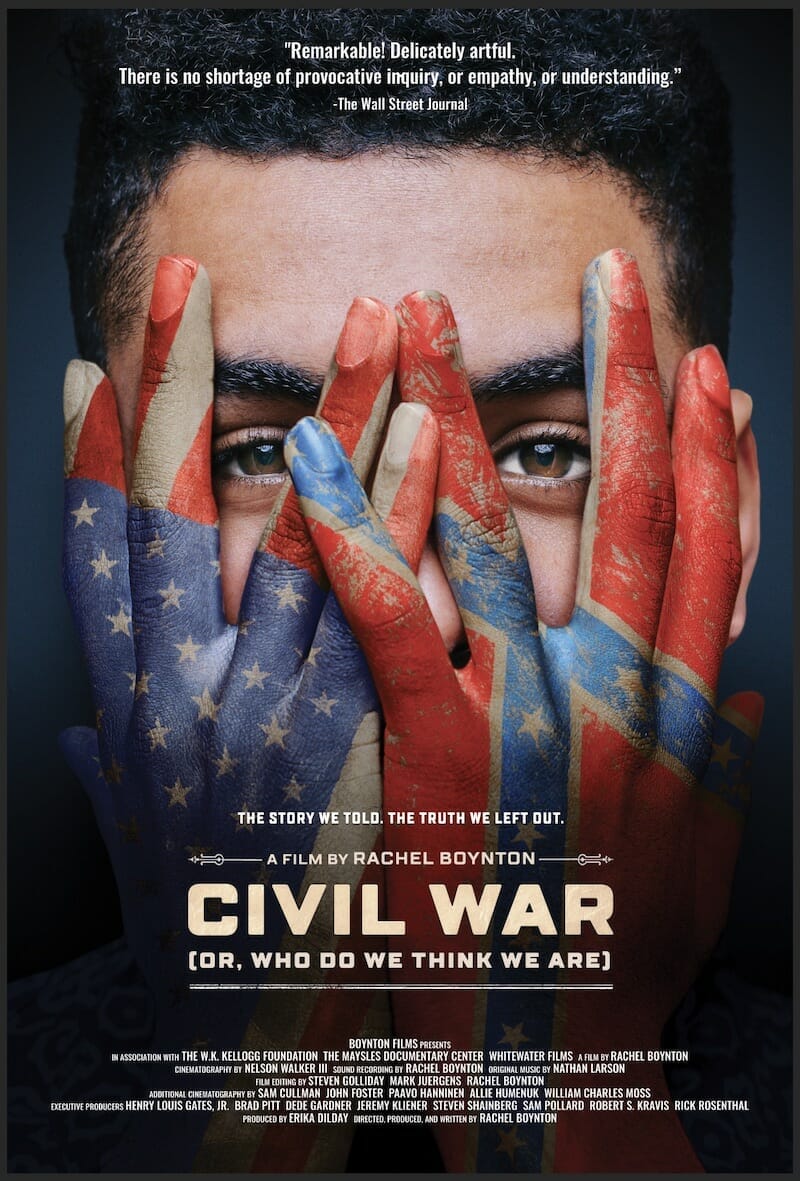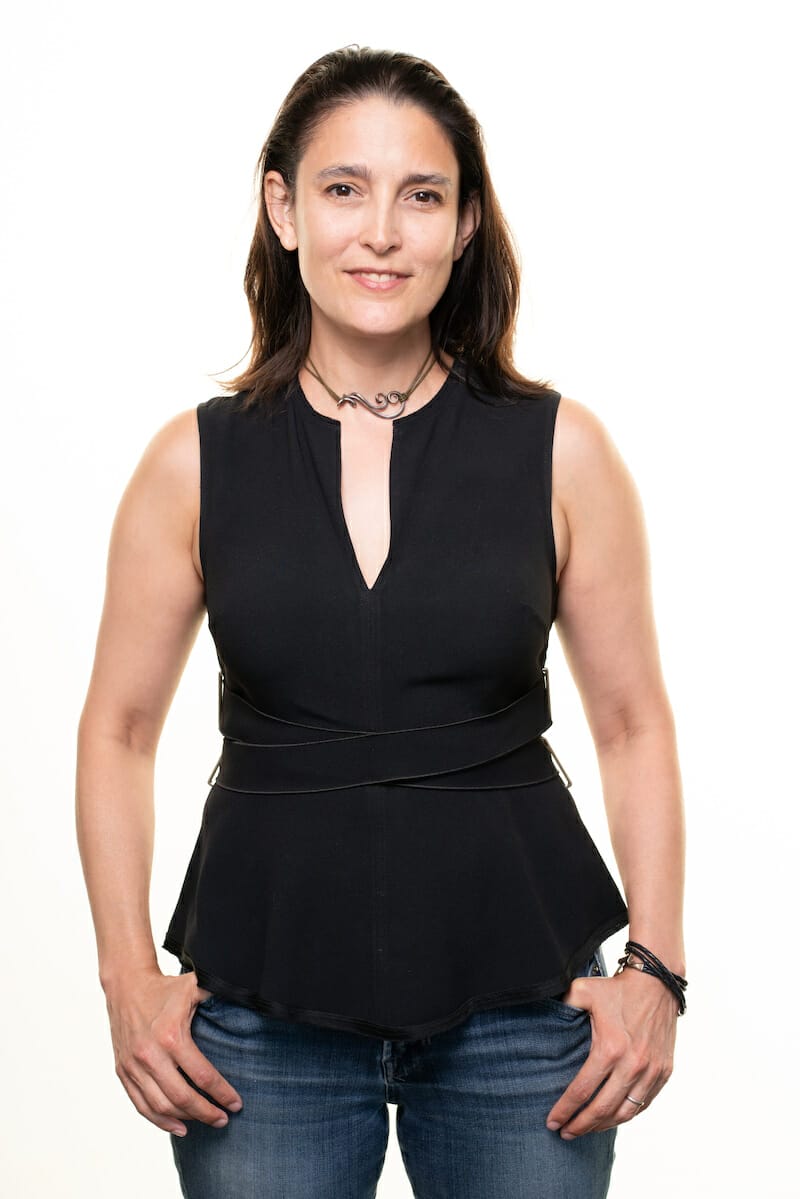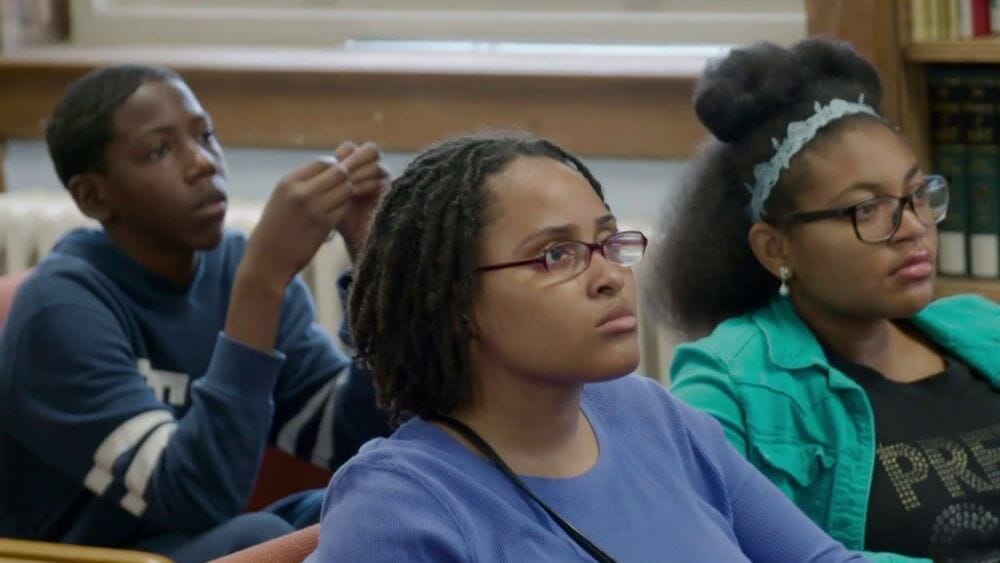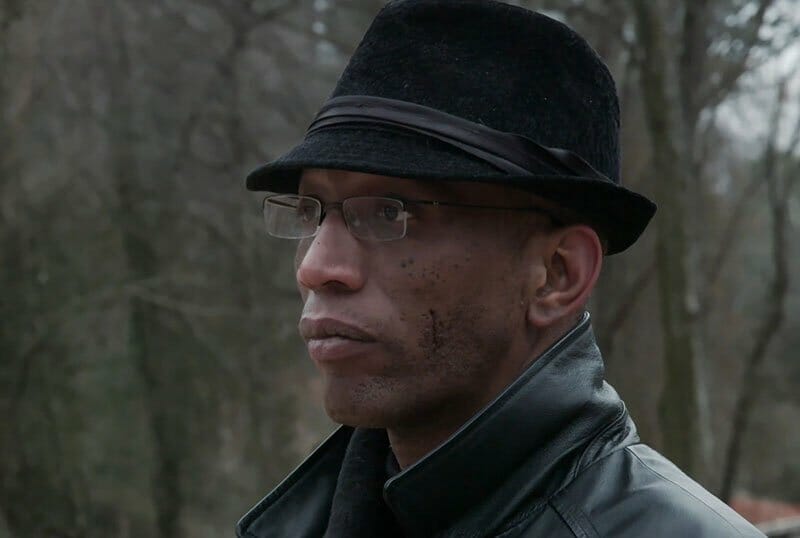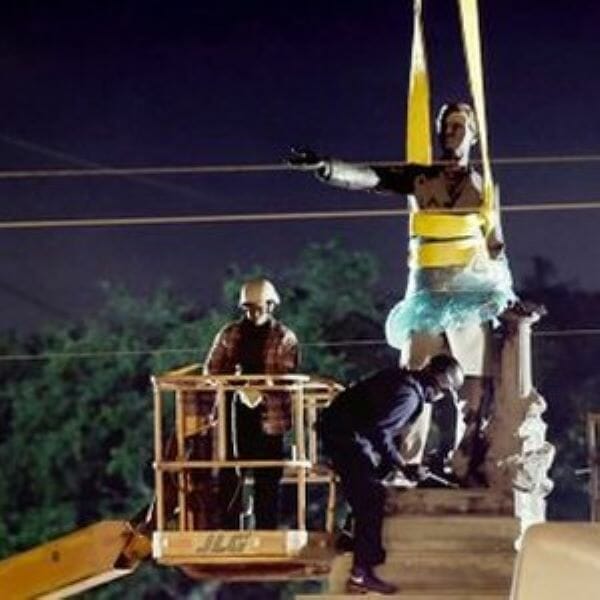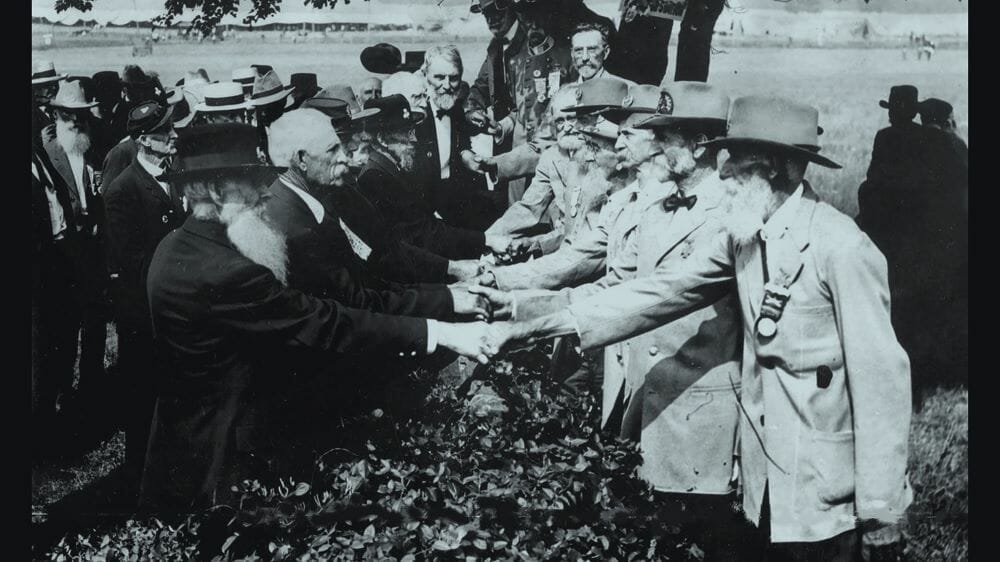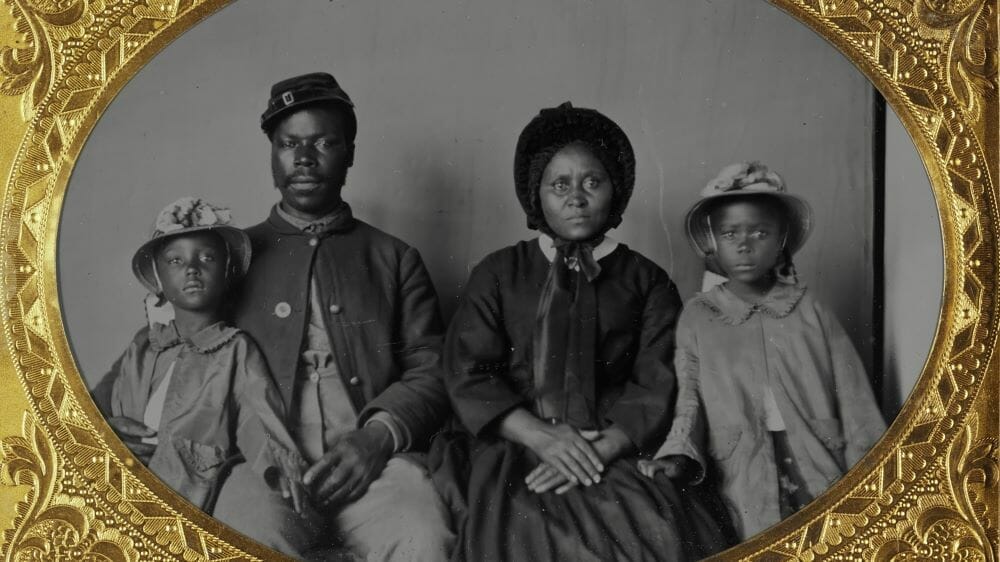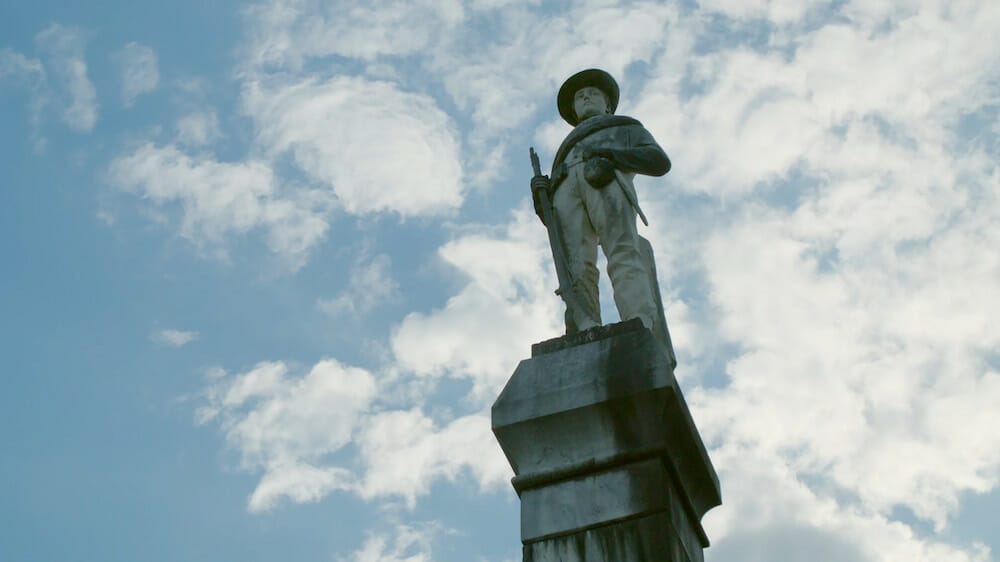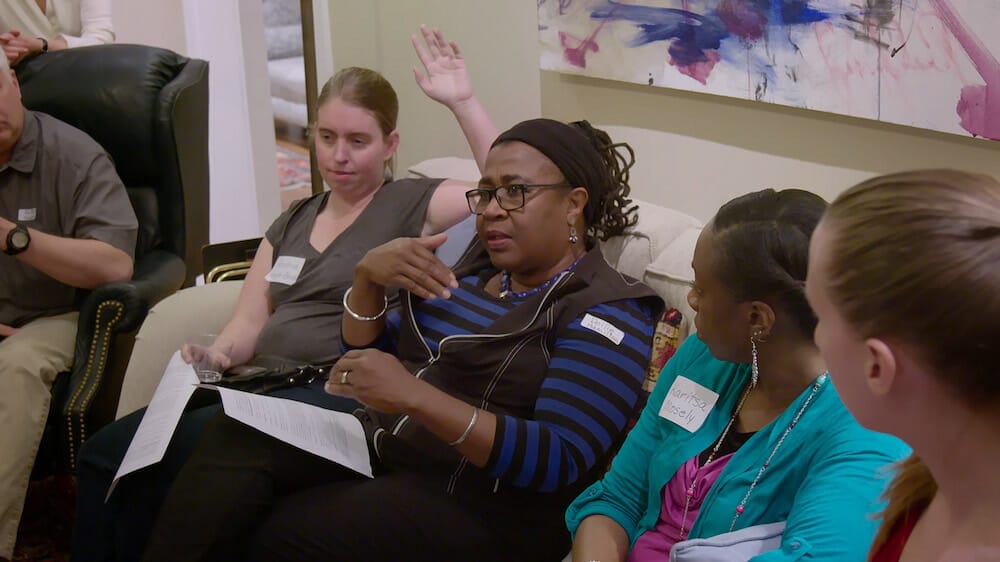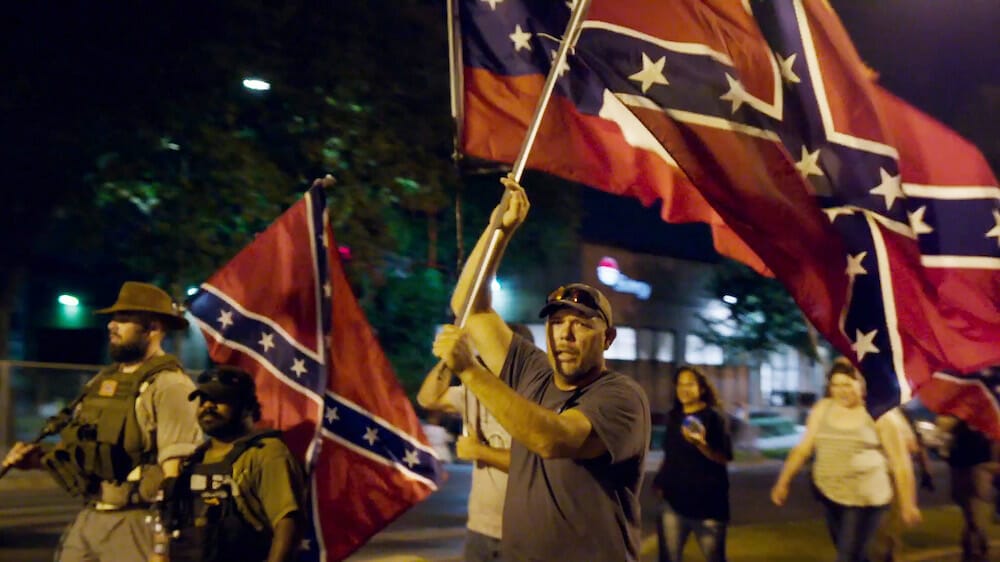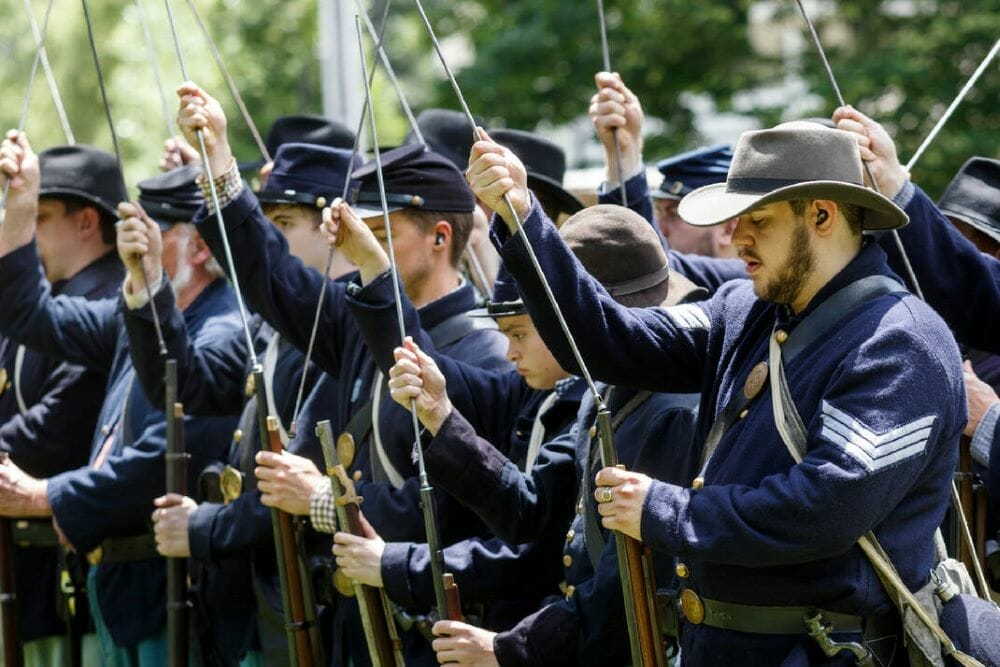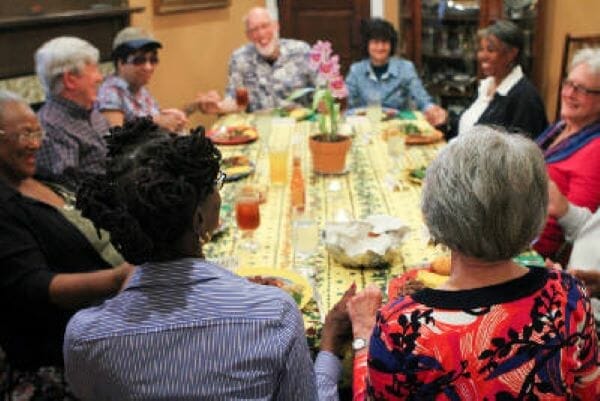Editor’s Note: Civil War (or, Who Do We Think We Are may be one of the most consequential documentaries about race relations in America this year—if not this decade. Now, weeks after first viewing this film, it still clings to this writer/editor’s imagination. Some points of view represented in the film were unimaginable before seeing this film.
It is gratifying to know that this film will not only be screened on MSNBC (see below) but now also will be available for streaming on the NBC Peacock platform.
Read the related Picture This Post story –
CIVIL WAR (OR, WHO DO WE THINK WE ARE?) Film Review — Who Is the Narrator?
Here, in an exclusive interview, Picture This Post (PTP) talks with the film’s Writer and Director, Rachel Boynton (RB) for an inside look at how the film came to be, and the impact she and her team are hoping to have on US audiences, at this time when issues of racial reckoning are newly, and finally, getting the headline attention they need and deserve.
(PTP) How did your ideas about Civil War (or, Who Do We Think We Are evolve over time?
(RB) I started thinking about making Civil War in July 2015, shortly after the massacre at the Emanuel African Methodist Episcopal Church in Charleston, SC. At the time there was a lot of discussion of Confederate imagery and iconography in our society; the shooter had taken pictures of himself with the Confederate battle flag and he had posted those pictures online. It was while listening to news coverage of the massacre that I learned that there were people in America, particularly in the South, who didn’t believe that slavery was the essential cause of the Civil War.
;
I understood immediately how impossible it would be for us to have a unified country if we couldn’t hold the same national story in our hearts, and I wondered – how were we teaching our children? What national story would they believe? So I started with the idea of filming in classrooms. While we were shooting at McCallie in Chattanooga, TN (the first location), I decided to film outside schools too. I realized there were important, deeply felt themes I couldn’t touch otherwise.
The truth is, the concept of any documentary is constantly evolving – especially one like this, which is based on questions, rather than a fixed story or character study. While you are shooting and editing, you are continually responding to the footage you record and the connections you find in what you see.
How has making this film changed you?
I was very surprised to recognize the gaping holes in my own education while I was making Civil War. I had always thought I was pretty well educated. I thought I went to good schools. But, while making this film, I recognized that the stories I had been taught in my history classes had been almost exclusively written from the point of view of white men in power. There were so many important American voices that were not considered essential in my history classes growing up—Frederick Douglass, W. E. B. Du Bois, Prince Hall, David Walker, Sojourner Truth, Ida B. Wells—I had not read anywhere near enough. My library exploded. And I still have so much to learn.
Did the itinerary for the film unfold over time, or was this part of the initial planning for the film? (e.g. profiling Holmes County Central High School)
None of this was pre-planned; Civil War was a film made by sense of smell and instinct. And over time, the film built on itself. I would decide where to go based on what I had found in the previous place. If I filmed somewhere urban, I tried to find somewhere rural. If I had just filmed in a private school, I looked for a public school. If the teacher had been white, I tried to find a Black teacher. I also wanted to make sure I captured the reality of segregation in American classrooms, because that segregation is intimately linked to the subject matter of the film. I always focused on places that had a deep connection to the War, places where the history had marked the land and the people. And, from the beginning, it was very important to go South and North (too often Northern racism and complicity are totally ignored).
How have the students, teachers, and others profiled in the film reacted to the final film?
People from the film have been universally supportive. I think everyone I filmed with appreciates the fundamental goal of Civil War (or, Who Do We Think We Are) – to promote dialogue. Some of the people in the movie still don’t believe that slavery was the cause of the War.
But everyone has appreciated having an opportunity to be heard. I think many people are far more open to having a conversation than you might expect.
I filmed with many, many people during the making of this film. And I have been in touch with a lot of them since finishing, particularly while we were traveling around the country, doing theatrical screenings. Many people who appeared in the movie generously agreed to participate in panel discussions we organized in various cities. It has been incredibly rewarding to hear their responses to the movie.
But I don’t think the film changed the attitudes of the people in it. My goal was never to somehow convert anyone in the movie. I was and remain hopeful that the film will do some good in the world—that it will prompt viewers to think and to talk to people they might not normally talk to.
Ultimately my goal has always been to hold up a mirror to the people who watch the film. I want us to see it and to recognize ourselves in it, and, perhaps, to become a little less certain of our own self-righteousness, a little less certain of our impulse to pre-judge others according to what we see. I'm hoping people walk away from the movie sincerely asking themselves which piece of the story they can change.
Can you please share with our readers why and how you are rolling out this film in conjunction with public forums?
It has been very important to me to encourage in-person conversations around this movie, preferably between people who might not otherwise be inclined to talk with each other. The panel discussions we’ve held in Boston, DC, Dallas, Birmingham, Jackson and Chattanooga were all incredibly rewarding. In each place someone said something I hadn’t heard before, or prompted me to think about something in a new way. I truly believe we need to change the tone of the conversation in this country, in order to heal our very deep and painful rifts. I would love to see Civil War have a long life in schools and houses of worship and in local community screening groups. It’s a film designed to promote introspection and conversation.
I hope people will watch the film with others and sit around and talk about it afterwards. Have viewing and discussion parties! Make it an event! It’s showing on MSNBC on Sunday, October 24 at 10pm ET and re-airing on MSNBC on Friday, October 29 at 10pm ET. It will be continually available on Peacock. Please: watch the movie. Have your kids’ schools show it. Share it with your church.
I know: for some people it is hard to talk about this. I saw that impulse, in the making of Civil War. You can see it throughout the film. No one (North or South, white or Black) seems to really want to talk about the reality of our past. But to me the goal has always been to fix the problem, to move toward a union of Americans in which real equality is achieved. I want that to be possible. I also believe that, in order to achieve it, we have to accept our common humanity. We have to approach each other as human beings, to find points of connection. We have to listen to people and to be willing to be uncomfortable—and to speak truth, even when it’s unpopular. I sincerely hope that Civil War (or, Who Do We Think We Are) can help us move in that direction.
WHEN and WHERE:
Civil War (or, Who Do We Think We Are) is now available for streaming on the NBC Peacock platform.
Read how filmmakers make their magic— in their own words. Read “FILMMAKERS SPOTLIGHT— Meet Filmmakers Picture This Post LOVES!” and watch this video for a story preview —
Nominate this for The Picture This Post BEST OF 2021???
Click Readers' Choice
Want to see who won the Picture This Post READERS’ CHOICE competition last year?
WATCH THIS SHORT VIDEO—
Read the related Picture This Post story –
CIVIL WAR (OR, WHO DO WE THINK WE ARE?) Film Review — Who Is the Narrator?
Images courtesy of Rachel Boynton and Civil War (or, Who Do We Think We Are)
Click here to read more Picture This Post Review of Top Pick Documentaries and watch this video --

